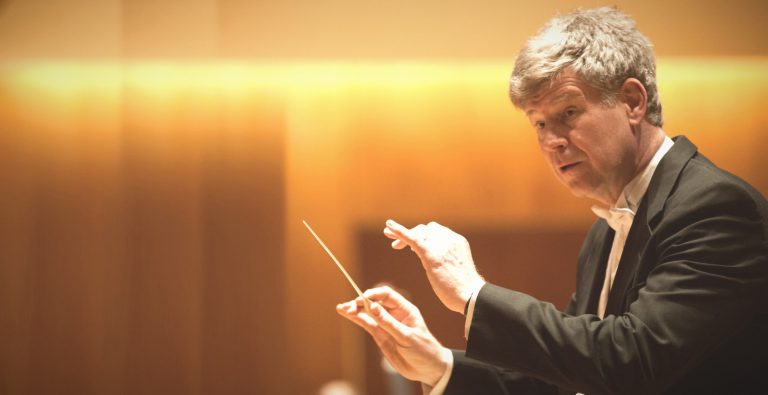URBANA – Students and faculty from across the world will come to Champaign-Urbana for a week of lessons, masterclasses, and performances, hosted by the University of Illinois Urbana Champaign’s professional orchestra, Sinfonia da Camera.
The University of Illinois Summer Piano Institute returns during the week of July 24. Tuesday, Wednesday and Thursday nights will feature faculty recitals, including the works of Schumann, Scarlatti, Beethoven, Mozart, and Debussy. Saturday will feature performances by all the students during the afternoon, followed by a recital by the week’s three student concerto competition winners and Aviram Reichert, who will play Gershwin’s “Piano Concerto in F,” all of whom will be accompanied by Sinfonia da Camera orchestra.
While tickets are required for the performances, all of the week’s masterclasses are open to the public. All of the institute’s events will be held in Smith Memorial Hall.
The instructors for this year’s institute include Ian Hobson, piano professor emeritus and Sinfonia da Camera music director at the University of Illinois; Timothy Ehlen, University of Illinois piano professor; Camelia Goila, professor of piano at the National Institute of Beaux Arts in Mexico City; Muen Vanessa Wei, assistant professor of piano at Lee University; Boaz Sharon, piano professor at Boston University; and Aviram Reichert, assistant professor of piano at Seoul National University.
Hobson discussed this year’s institute, as well as Sinfonia da Camera’s upcoming 40th season in the following interview.
IAN HOBSON: The piano institute is an opportunity for students all over the world to come and study with renowned faculty, and they get the chance to compete for a chance to play a concerto or a concerto movement with the orchestra within the scope of the week of the piano institute.
So, they audition on Sunday night, and then if they win, the three winners will play on the following Saturday night, that is the 29th of July. We have five visiting faculty members from around the world who will teach and perform and give masterclasses. That’s in addition to myself.
OWEN HENDERSON: For listeners that might not be as familiar with the musical world, what’s the difference between performing alone versus as a soloist in a concerto? What makes that a challenge?
HOBSON: We spend most of our time as young people studying solo music, because that’s the basis of performing and learning your instrument, learning your craft. When you start playing concertos, which is a very popular thing for the audience, you have to perhaps play a little bit differently than you would in solo music.
How? By projecting the sound a little bit further, like you’re the main actor in an ensemble of actors, so that even if it’s very soft, it penetrates through the orchestral sonority that may be going on at the same time.
Also the kind of rubato, which is freedom of rhythm that you might easily let yourself succumb to in a solo music, is not so easy to pull off with the orchestra, maybe not even appropriate, because you have 60 people behind you who have to play in a very intricate rhythm. So, you have to really put your brain out on antennae and really listen and learn in a very, very quick time.
HENDERSON: I understand this year is Sinfonia da Camera’s 40th anniversary. What’s coming down the pike for this year’s season?
HOBSON: We are very excited about this season, not least because we have been asked by President Tim Killeen to take the orchestra to the campus in Springfield and also to the campus in Chicago at UIC.
And so we’re doing the Springfield concert in September, and then in October we do a concert performance of “Die Fledermaus,” the operetta by Johann Strauss, and we do that with the Lyric Theatre of Illinois. We’re very excited about that collaboration.
And then November 28, we’re going to be doing a chamber concert of sorts. Then in the spring, we have a nice occasion where Lucy Lin, who is a university high graduate. She’s now a very prominent violinist in the Boston Symphony. She’s going to come back and play the Korngold Violin Concerto with us.
And then in the month of March, we have a program that I’m calling “From Ukraine to the Great Gate of Kiev.” The Great Gate of Kiev is the last movement of a famous piece by Mussorgsky called “Pictures at an Exhibition.”
What is unique about our performance is that it’s going to be orchestrated by David Canfield, who is our composer-in-residence, practically speaking, who is the world’s expert on the Mussorgsky “Pictures [at] an Exhibition.” And we will premiere it in March and perform that program also in Chicago at UIC campus.

